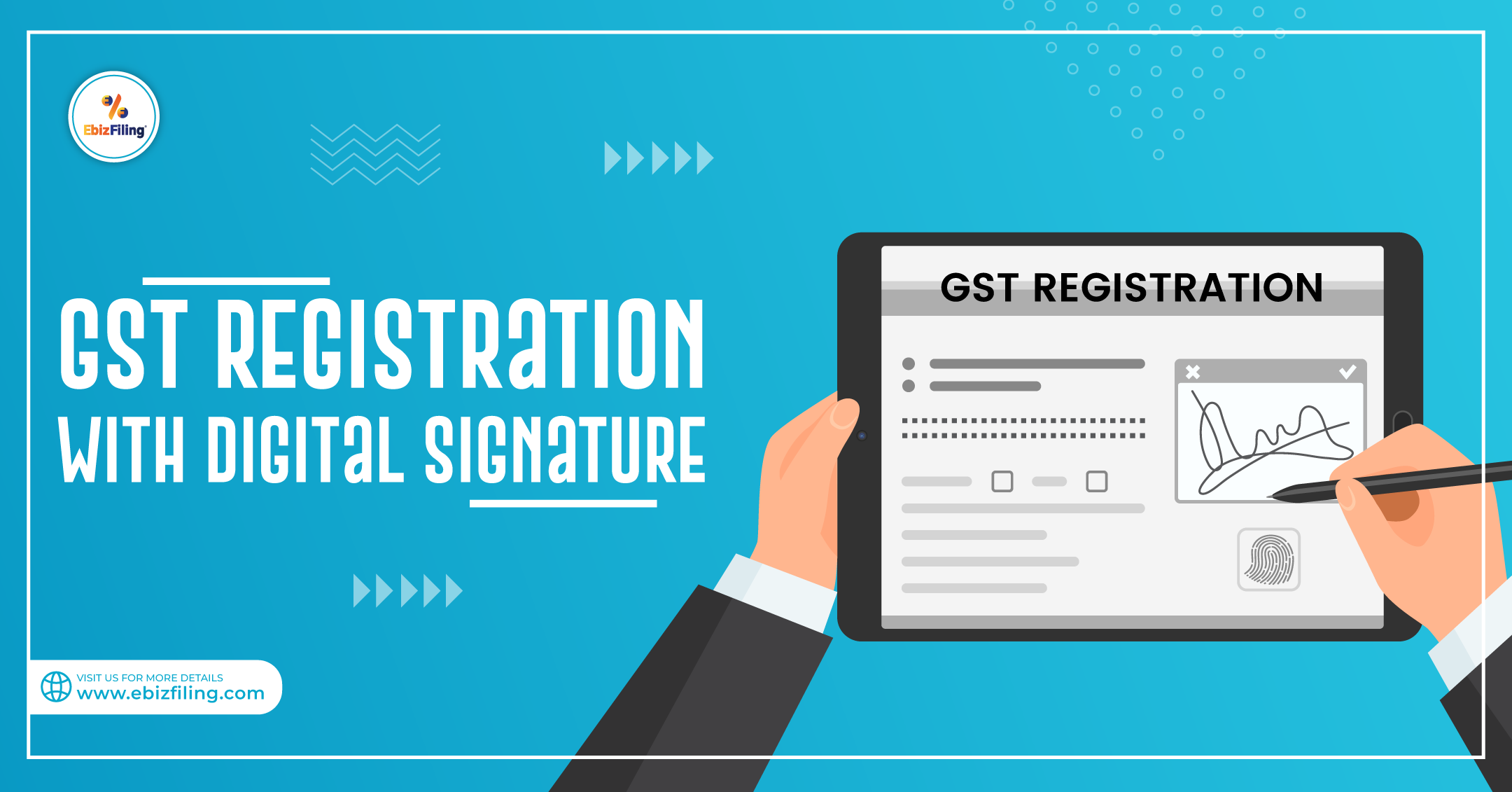Why Services Like the Best GST Registration Services in Singapore
Why Services Like the Best GST Registration Services in Singapore
Blog Article
Throughout: The Ultimate Roadmap to GST Enrollment for Businesses Seeking Financial Security
Navigating the complexities of Product and Solutions Tax Obligation (GST) enrollment is a vital step for businesses making every effort for economic stability. Breaking down the roadmap into workable steps can streamline the registration journey for businesses looking to improve their economic standing.
Comprehending GST Essentials
Looking into the basic principles of Goods and Provider Tax Obligation (GST) is necessary for getting a thorough understanding of its implications on companies and the economic climate. GST is a value-added tax levied on most goods and services for domestic usage. It has changed multiple indirect tax obligations that existed in the pre-GST age, improving the tax structure and enhancing ease of doing company in India. Under the GST system, both products and services are taxed at a details price, which is figured out based on their classification. If their annual turn over goes beyond the threshold limit established by the federal government, organizations are called for to sign up for GST. Input Tax Credit Score (ITC) is a considerable attribute of GST, enabling services to claim credit history for taxes paid on inputs, reducing the overall tax obligation burden. Understanding the basics of GST is crucial for organizations to adhere to tax laws, manage their finances efficiently, and add to the country's financial development by taking part in a transparent tax system.
Qualification Standards for Enrollment
As of the current laws, the threshold restriction for GST registration is a yearly accumulation turnover of 40 lakhs for companies running within a state, other than for special group states where the limitation is 20 lakhs. Furthermore, particular organizations are called for to register for GST irrespective of their turnover, such as interstate suppliers, informal taxable individuals, and organizations accountable to pay tax under the reverse fee system. It is crucial for companies to completely evaluate their turn over and transaction types to establish their GST registration responsibilities accurately.
Documents Required for Enrollment
Having actually met the eligibility standards for GST enrollment, services must currently guarantee they have the requisite documents in position to proceed with the enrollment process efficiently. The papers required for GST enrollment commonly include evidence of organization constitution, such as partnership action, enrollment certificate, or consolidation certification for different kinds of services. Furthermore, services require to supply documents establishing the principal area of business, such as a rental agreement or electricity bill. Frying pan card of the business, in addition to the identification and address evidence of promoters/partners/directors, are necessary for verification objectives. Checking account declarations, together with terminated cheques or a copy of the financial institution passbook, are called for to confirm the economic details offered during enrollment. In addition, businesses must have digital trademarks prepared for the licensed notary. Ensuring all these papers are organized and easily available will speed up the GST registration procedure, making it possible for businesses to abide by tax guidelines effortlessly.
Step-by-Step Registration Refine
Beginning the GST registration process involves a collection of organized actions to make sure a certified and seamless registration for businesses. The initial step is to see the GST website and load out the enrollment form with accurate details of business entity. Following this, the applicant receives a Momentary Referral Number (TRN) which is used to resume the application process if it's not find out completed in one go.
Following, all called for files based on the checklist provided by the GST portal requirement to be posted. These papers typically include evidence of organization registration, identity and address evidence of marketers, financial statements, and organization entity's frying pan card.

Post-Registration Conformity Standards

Conclusion
Finally, organizations seeking financial security has to comprehend the fundamentals of GST, fulfill eligibility standards, gather required records, adhere to the step-by-step registration process, and adhere to post-registration standards - Best GST registration services in Singapore. By sticking to these steps, companies can ensure conformity with tax obligation laws and maintain financial informative post security over time
Additionally, particular organizations are required to register for GST regardless of their turnover, such as interstate distributors, casual taxable persons, and organizations accountable to pay tax under the reverse cost system.Having actually met the eligibility criteria for GST enrollment, services should now guarantee they have the requisite files in area to continue with the enrollment procedure efficiently. The files needed for GST registration typically consist of evidence of organization constitution, such as collaboration action, registration certificate, or unification certification for various types of businesses. In addition, businesses require to offer records developing the principal place of organization, such as a rental arrangement or electricity bill.Starting the GST enrollment process includes a collection of structured actions to ensure a smooth and certified enrollment for organizations.
Report this page